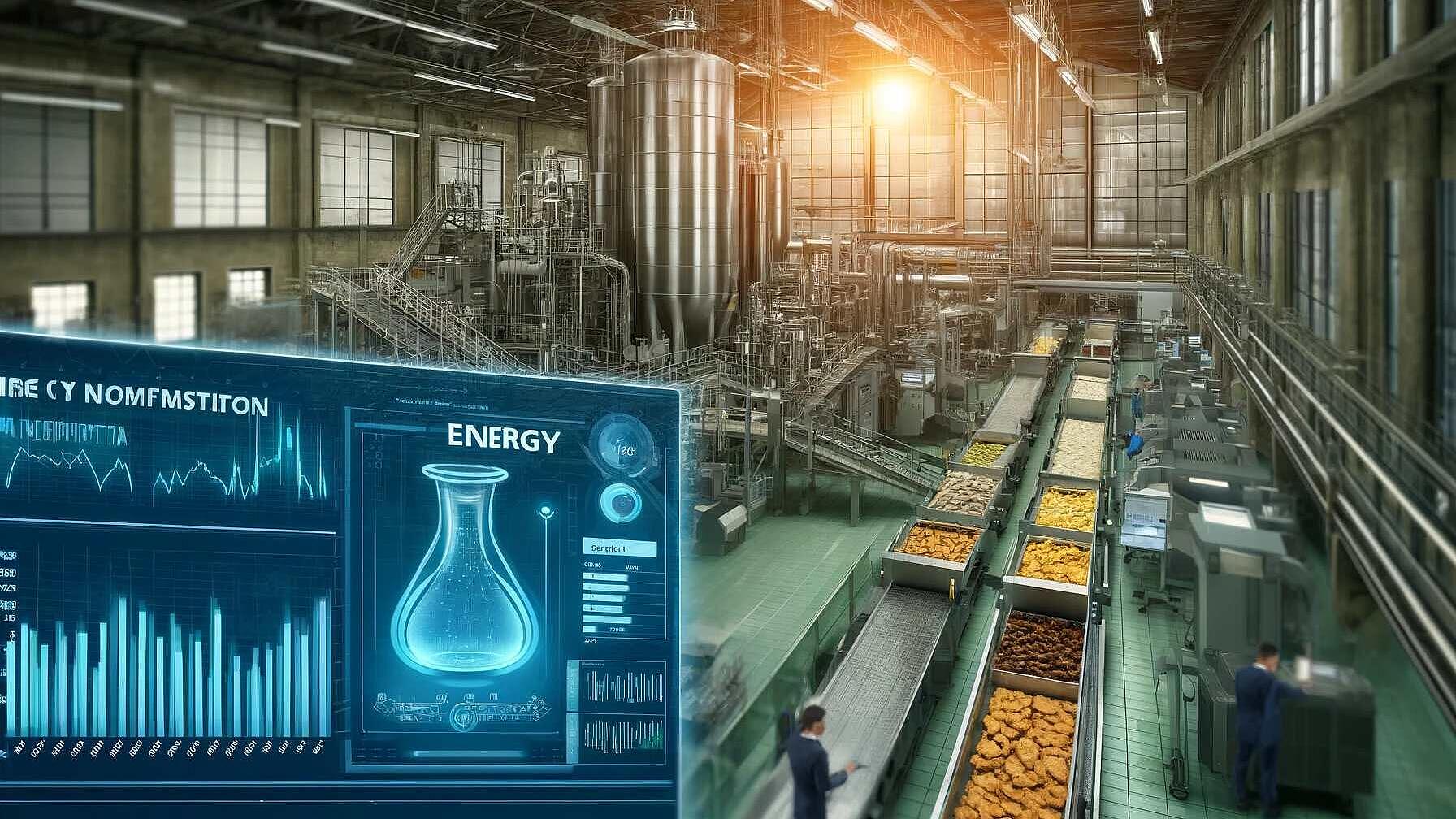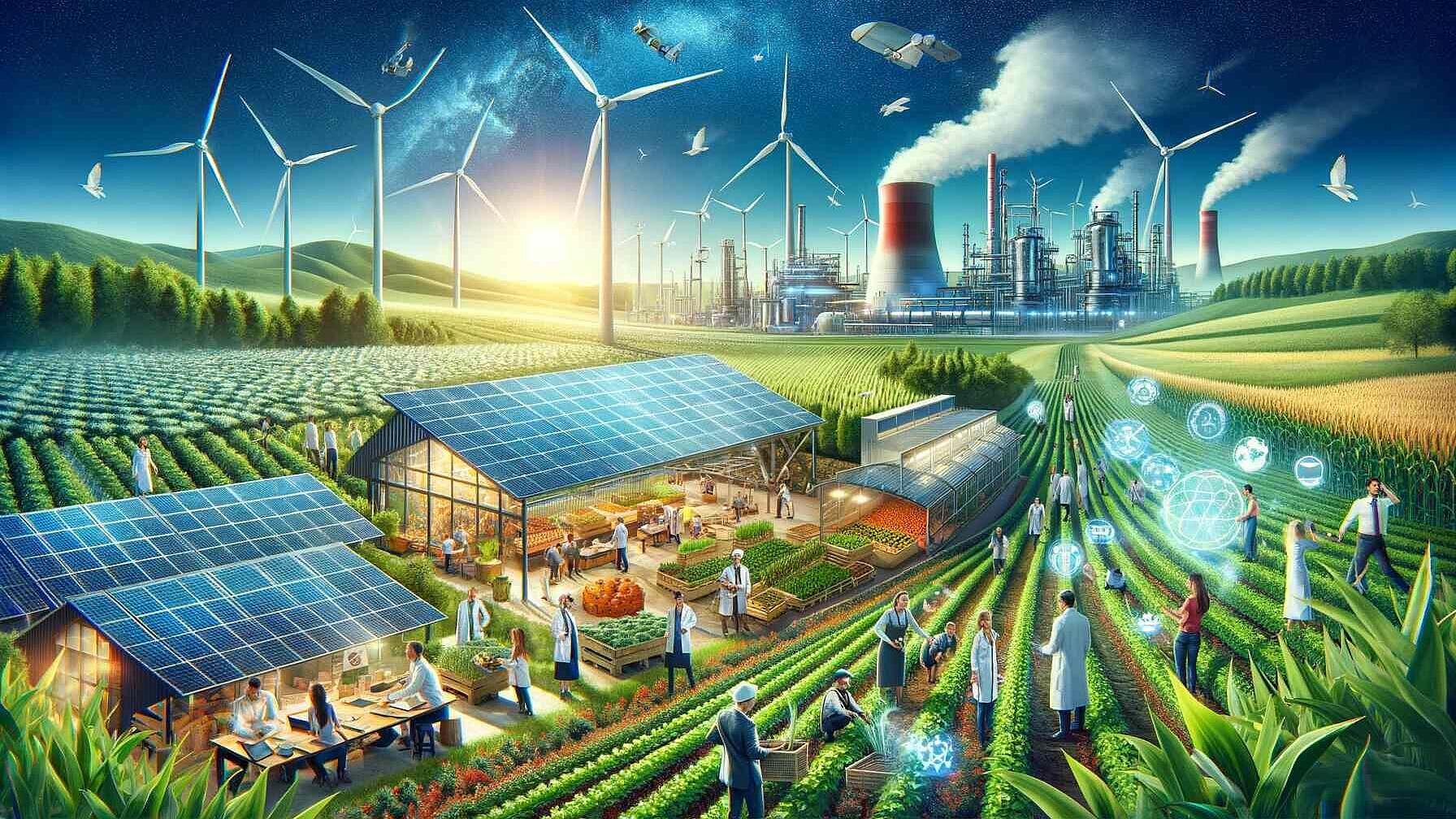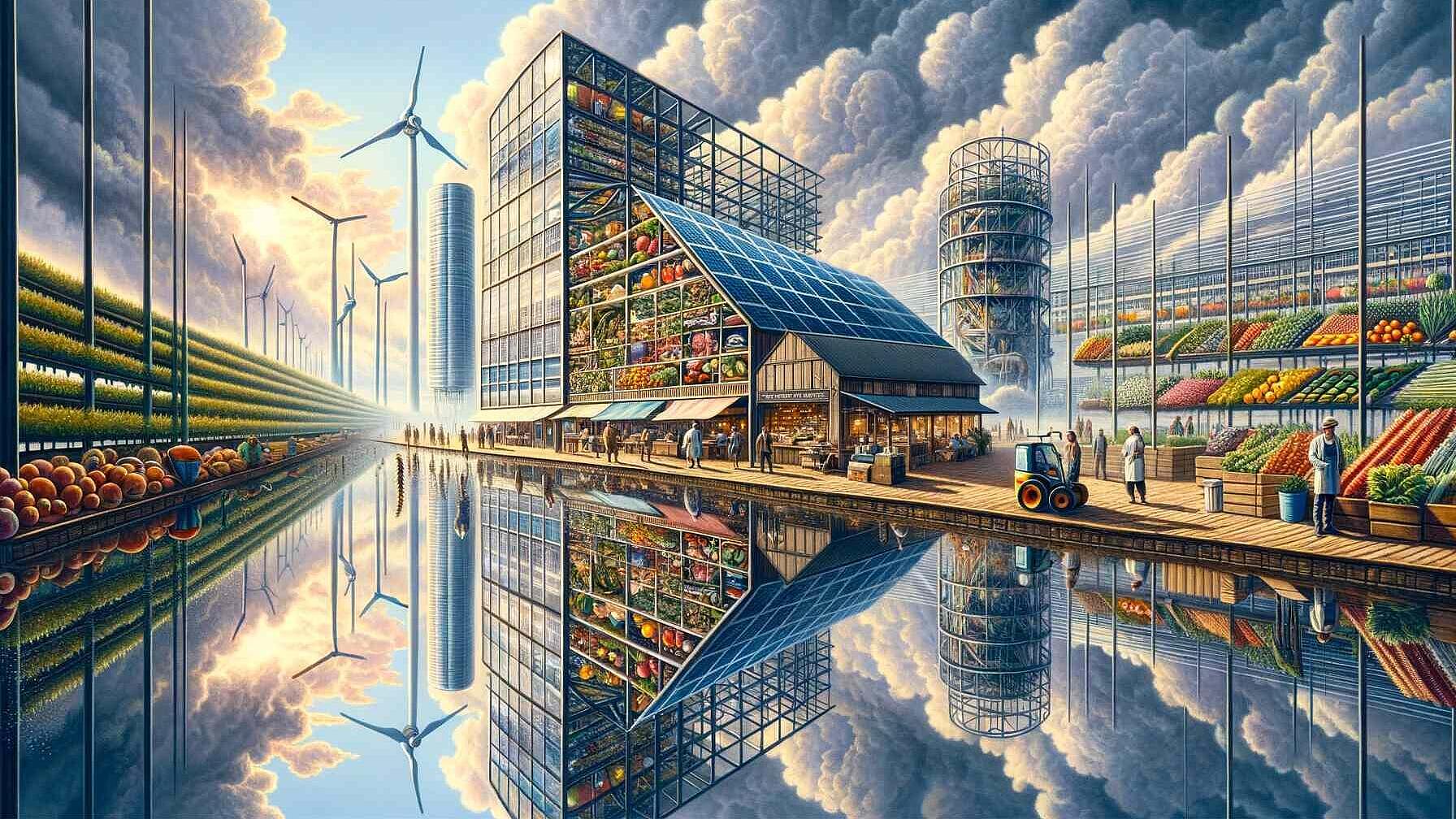 Energy Efficiency
Energy EfficiencyEnergy Consumption in Food Manufacturing: A Comprehensive Insight
Zusammenfassung
The paper discusses the critical role of the food sector in greenhouse gas emissions due to its heavy reliance on fossil fuels, highlighting the urgent need to reduce energy consumption in response to the anticipated 60% increase in food demand by 2050. It identifies energy-intensive food products and processes, such as thermal phase changes in the production of items like instant coffee and snacks, and the increased energy usage in the dairy and meat sectors, partly driven by higher hygienic standards. It also notes the significant energy footprint of food transportation, particularly by road in the UK.
The paper points to a lack of comprehensive data on energy use within the food sector, with fragmented efforts hindering the identification of precise areas for efficiency improvement. It calls for standardized energy data reporting, covering various products and processing stages to determine the most energy-demanding aspects of food production.
To address the challenge, the paper proposes strategies for reducing energy consumption, including process optimization, technological innovation, and reevaluation of transportation methods, as well as considering consumer preferences to guide reduction efforts. The paper emphasizes the importance of informed decision-making for industry stakeholders aiming to implement sustainable practices and improve energy efficiency.
Kompletten Artikel anzeigen
Energy Consumption in Food Manufacturing: A Comprehensive Insight
Understanding Energy Demand in Food Production
The food sector, being heavily reliant on fossil fuels, is a significant contributor to greenhouse gas emissions (GHGEs). The necessity to reduce energy consumption in food manufacturing is pressing, especially with the expected 60% increase in food demand by 2050. Addressing this challenge requires an in-depth understanding of the energy usage patterns across the food production and distribution chain.
High-Energy Processes and Products
Certain food products, like instant coffee, milk powder, and snacks like French fries and crisps, are identified as energy-intensive. These products undergo thermal phase change processes that consume substantial energy. The dairy and meat sectors have also seen increased energy usage, partly due to heightened hygienic standards. Moreover, food transportation, predominantly by road within the UK, adds significantly to the energy footprint of food production.
Trends and Methodologies in Energy Usage
The study reveals a lack of comprehensive data on energy consumption across the food sector. Efforts to consolidate and standardize energy data have been fragmented, making it difficult to pinpoint exact areas for efficiency improvement. Methodologically, the research spans various food products and processing methods, identifying the most energy-intensive stages and products.
Strategies for Energy Reduction
To mitigate the high energy consumption in food manufacturing, the paper suggests several strategies. These include optimizing current processes, adopting new technologies, and reassessing transportation methods to make the entire food supply chain more energy-efficient. Additionally, understanding the impact of consumer preferences on energy consumption is crucial for developing targeted reduction strategies.
In conclusion, the paper provides a detailed map of the energy consumption landscape in food manufacturing, emphasizing the need for standardized reporting and comprehensive strategies to reduce energy usage. The information laid out is crucial for stakeholders in the food industry to make informed decisions regarding sustainable practices and energy efficiency.
To read the full document, please check here.
https://publications.jrc.ec.europa.eu/repository/handle/JRC96121
To learn more about why this is important for the EENOVA project, please check here.



